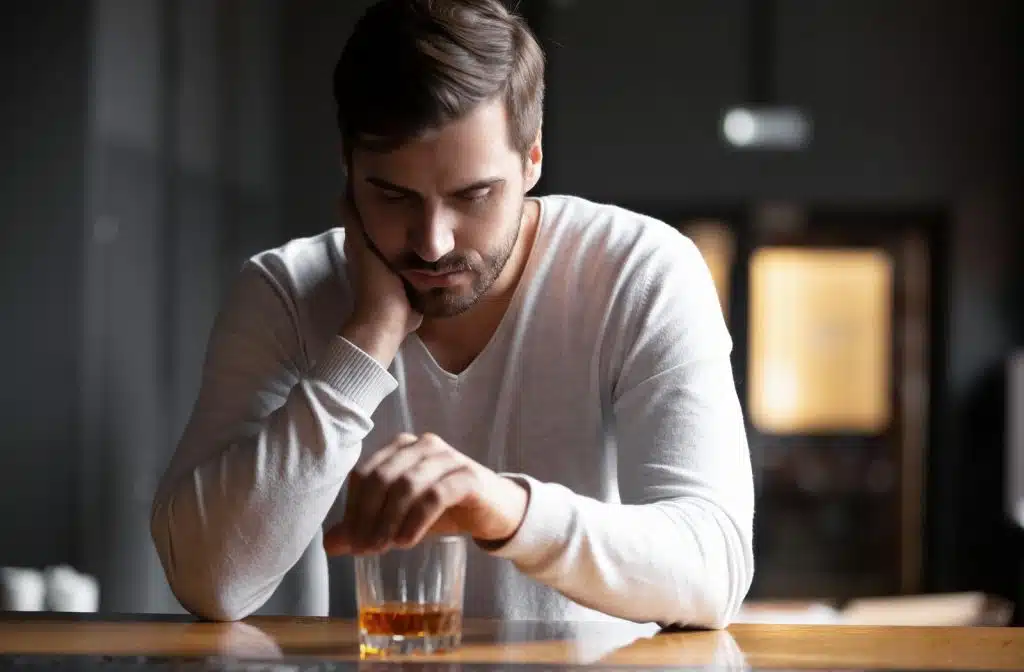Is Addiction, a disease or a choice?

Do you freely throw around the word “addicted”? As in, “I am a sugar addict”, “I have a chocolate addiction”, “I’m addicted to The Bachelor”, “I am addicted to my phone”?
Have you noticed how unwanted things in our lives are often labelled “toxic” by many of the people who believe that they can help us be free of them (eg, “Become free of toxic relationships”, “I’ll show you how to detox your inbox”, “Join us for a 14 Day Emotional Detox Program”)? It reflects a pathologisation of normal human behaviour that our society seems to promote.
Words like “addict”, “enabler”, and “recovery” are borrowed from 12 Step programs, such as Alcoholics Anonymous, and have become shorthand for describing states of imbalance within people’s emotions, in people’s behavior, and in their relationships.
Well-meaning, highly-skilled therapists and teachers, coaches and leaders use this language, but it is language that reflects a stagnant dynamic. It’s language that keeps us stuck.
If you have a drug problem, then you quit and you no longer use drugs, who’s to say that you are still a drug addict? Could it be possible to consign that to a part of your history, and move on with your life making new choices? Your past may inform your new choices, but does it have to define you?
Let’s meet Susan: Susan loves to dance and sing. She is someone’s mother and someone’s partner; she works as a public servant five days a week; she takes her mother shopping every second Saturday and most Sundays she goes to church in the morning then hangs out at home doing housework and gardening in the afternoon. Last year she decided to acknowledge that her compulsive nightly online gambling was a problem so she got some help for it and now no longer gambles – would you say that the defining characteristic of Susan is that she’s a gambling addict?
And Robert – back in the 90s, Matt used to smoke a pack a day. He quit in 2000. Is Robert a nicotine addict?
Our words define our world. Every week, Bob walks into a room, stands up in front of a group of people and says “My name is Bob, and I am an alcoholic. It’s been 12 years since my last drink.”. In terms of current behavior, though, what makes Bob an alcoholic, beyond his declaration that he is one? Nothing. But as Bob continues to affirm his status as such, thus he will remain.
Continuing to use the language of recovery after we recover is to use language that keeps us in fear – fear of going back; fear of temptation. We all know that when we feed our fears, they grow.
In the same vein, using pathological language for habitual or compulsive behavior – “I am addicted to…” – places the agency outside of you, and keeps you stuck in the idea that you have no choice: It’s not me, it’s the biscuits. It’s not me, it’s the cigarettes. It’s not me, it’s my phone. It’s not me, it’s the people who own the gambling website who are manipulating me.
It’s not me, I have a disease.
Now, this is not to minimize the very real, sometimes devastating effect that compulsive behaviors can have, and nor should we fail to recognize the very real struggle people have to change these behaviors. But we’re often too quick to blame something outside of ourselves, instead of taking responsibility for the choices we have made and deciding to choose anew.
There is freedom in being able to choose. And we can start on the path to freedom by being mindful of the words we use to describe the thing we wish to be free from.
Heroin addiction is real. Alcohol addiction is real. Ice addiction is real. Bipolar disorder, drug-induced psychosis, schizophrenia…all of these things (and many more) can remove choice from someone’s behavior, and can accurately be called ‘diseases’.
If you want to stop binge drinking on the weekend, or be free of smoking, or sugar, or gambling, or Coke…or anything that is not actually going to kill you if you stop then perhaps it is important not to confuse compulsive or habitual behavior with addictions or diseases.
You have choice, and within choice lies power. You can do it.
For help:
Take the next step and book your session with DHP. Lazzaro Pisu in Vancouver, today, Call 604 202 7938.
Lazzaro is dedicated to help your mental health. Contact him today.
Therapy From Anywhere. In-Person & Online